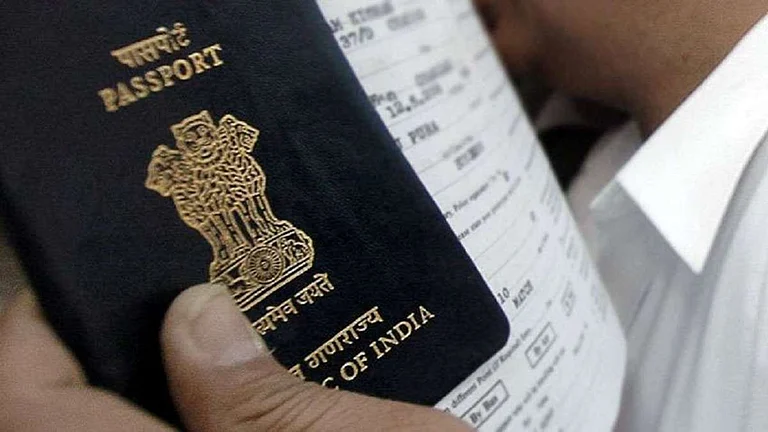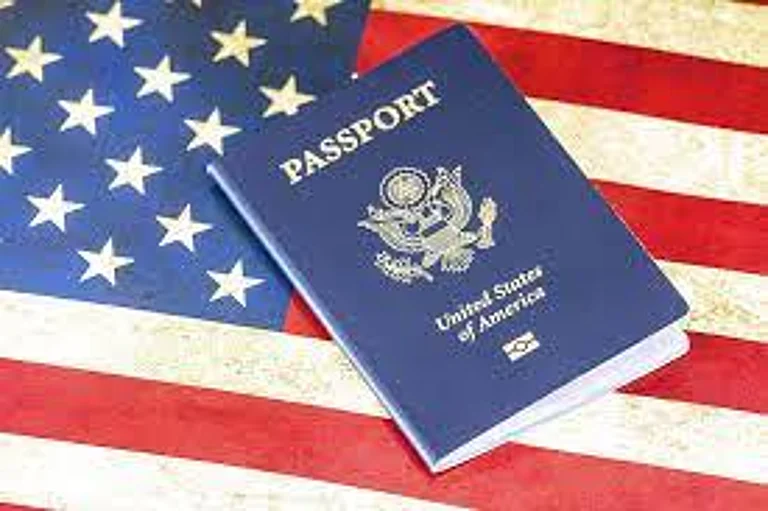The United States has dropped out of the top 10 of the Henley Passport Index for the first time in two decades, while European countries continue to dominate global passport rankings. According to Euro News, the decline reflects a broader shift in global mobility and international influence.
The Henley Passport Index, which uses data from the International Air Transport Association (IATA) to rank passports by the number of visa-free destinations their holders can access, shows Singapore leading the world with visa-free access to 193 destinations. South Korea follows with 190, and Japan ranks third with 189.
European nations continue to hold strong positions. Germany, Italy, Luxembourg, Spain and Switzerland occupy top-tier positions, while Austria, Belgium, Denmark, Finland, France, Ireland and the Netherlands also rank highly. Greece, Hungary, New Zealand, Norway, Portugal and Sweden follow closely, with Australia, Czechia, Malta and Poland in the next tier. Croatia, Estonia, Slovakia, Slovenia, the United Arab Emirates and the United Kingdom rank just below. Canada occupies its own tier, while Latvia and Liechtenstein follow.
By comparison, American passport holders currently enjoy visa-free access to 180 destinations, placing the US joint 12th alongside Malaysia. The UK has also dropped to its lowest-ever ranking, slipping from sixth to eighth.
Euro News reported that the decline of the US passport comes in the wake of visa restrictions imposed during the Trump administration, which included suspensions for travellers from 12 nations, heavy restrictions on seven others, and threats of broader bans. The US allows only 46 nationalities to enter without a visa, placing it 77th on the Henley Openness Index, which ranks countries by how many nationalities they permit to enter visa-free.
Dr Christian H. Kaelin, chairman of Henley & Partners and creator of the Henley Passport Index, said: “The declining strength of the US passport over the past decade is more than a reshuffle in rankings - it signals a fundamental shift in global mobility and soft power dynamics.” He added that nations embracing “openness and cooperation” are surging, while those reliant on “past privilege” are falling behind.
China has seen the largest increase in passport power, moving from 94th in 2015 to 64th in 2025, thanks to visa-free access expanding by 37 destinations over the decade. In the past year alone, China granted visa-free access to 30 additional countries, bringing it to 65th on the Henley Openness Index. Dr Tim Klatte, partner at Grant Thornton China, said: “Trump’s return to power has brought fresh trade conflicts that weaken America’s mobility, while China’s strategic openness boosts its global influence. These diverging paths will reshape economic and travel dynamics worldwide.”
The decline in US passport power has also spurred demand for alternative residence and citizenship options. Euro News reported that Americans are now the largest group of applicants for investment migration programmes in 2025, with applications up 67 per cent by the end of the third quarter compared with 2024. Professor Peter J Spiro of Temple University Law School noted: “Multiple citizenship is being normalised in American society. While it may be a bit of an exaggeration, as one social media poster recently put it, ‘dual citizenship is the new American dream’.”
(With inputs from Euro News)




























